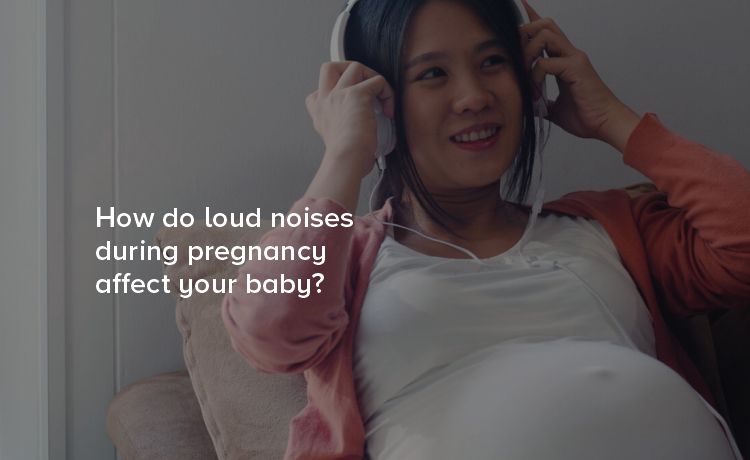
Pregnancy is a transformative journey filled with numerous precautions and questions, particularly concerning the well-being of the unborn child. One commonly asked question revolves around the impact of loud noises during pregnancy.
Before diving into the effects of loud noises, it's essential to understand the timeline of auditory development in fetuses. According to medical research, a baby's hearing starts developing around the 18th week of pregnancy and becomes more sensitive by the 24th week. By the third trimester, the baby can hear sounds both inside and outside the mother's body. This sensitivity makes it crucial for expecting mothers to be mindful of their noise exposure during pregnancy.
Hearing Damage
While the womb offers some protection against external sounds, it is not entirely soundproof. Prolonged exposure to loud noises, especially those over 85 decibels (dB), can penetrate the womb and potentially harm the baby's developing auditory system. Common sources of loud noises include concerts, heavy machinery, and even prolonged use of earphones at high volumes.
Increased Stress Levels
Loud noises can also induce stress responses in pregnant women. Elevated stress levels during pregnancy can lead to various complications, including preterm labor and low birth weight. Stress hormones like cortisol can cross the placenta and affect fetal development, making it crucial to manage stress effectively during pregnancy.
Impact on Sleep Patterns
Both the mother and the baby need adequate rest during pregnancy for optimal health. Exposure to loud noises can disrupt sleep patterns, causing sleep deprivation. For the baby, disrupted maternal sleep can lead to less optimal prenatal care and increased stress levels, affecting overall development.Animal Studies
Animal studies have provided valuable insights into how loud noises affect fetal development. Research on pregnant rats exposed to loud noises revealed that their offspring had reduced birth weights and exhibited signs of developmental delays. While animal studies do not directly translate to humans, they offer a basis for understanding potential risks.
Human Studies
Human studies on the effects of loud noises during pregnancy are more challenging to conduct due to ethical concerns. However, observational studies have shown a correlation between high noise exposure and adverse pregnancy outcomes such as lower birth weights and higher incidences of preterm births.
Limit Exposure to Loud Environments
Whenever possible, avoid prolonged exposure to loud environments such as concerts, construction sites, or noisy workplaces. If avoidance is not feasible, consider using ear protection such as noise-canceling headphones or earplugs designed for pregnant women.
Manage Stress Effectively
Stress management is crucial for a healthy pregnancy. Engage in relaxing activities such as prenatal yoga, meditation, or light exercise. Ensure you have a support system in place, whether it’s family, friends, or a healthcare provider, to help you manage stress effectively.
Create a Quiet and Peaceful Environment
At home, create a serene environment conducive to rest and relaxation. Use white noise machines or soothing music to drown out disruptive sounds. Make sure your living space is comfortable and promotes a sense of calm.
Consult Your Healthcare Provider
If you work in a noisy environment or are frequently exposed to loud noises, consult your healthcare provider for personalized advice. They may recommend specific precautions or interventions to protect both you and your baby.
While occasional exposure to loud noises is unlikely to cause significant harm, prolonged and frequent exposure can pose risks to both the mother and the baby. By understanding these risks and taking proactive measures, expecting mothers can create a safer, more peaceful environment that supports healthy fetal development. Always consult with your healthcare provider for tailored advice and guidelines.